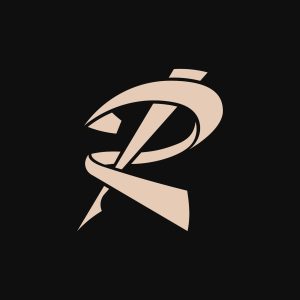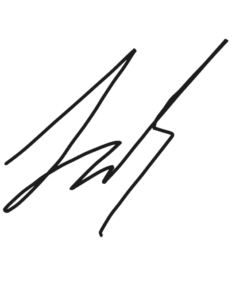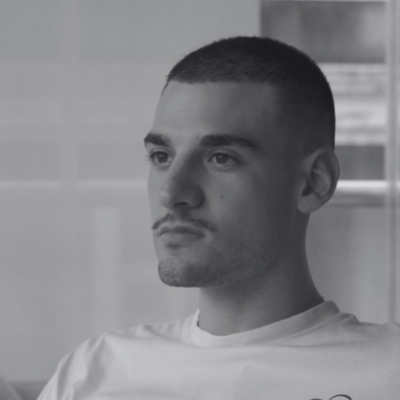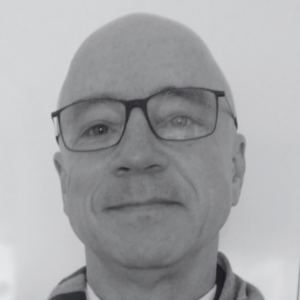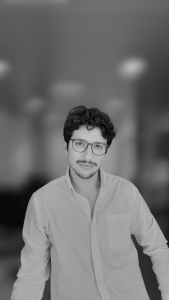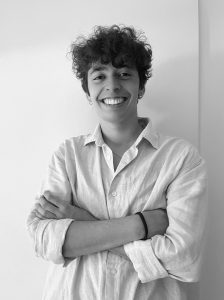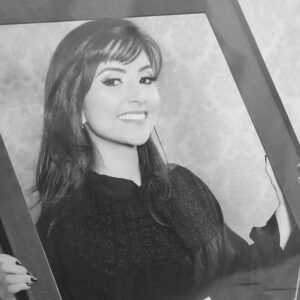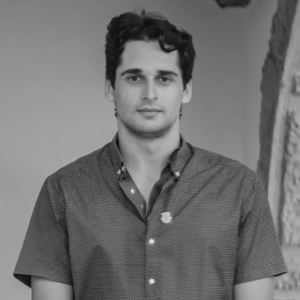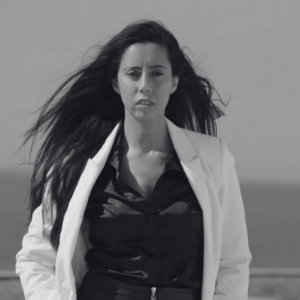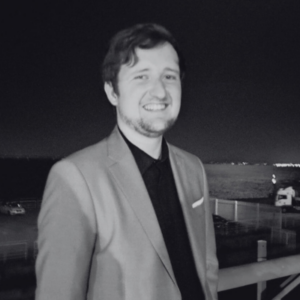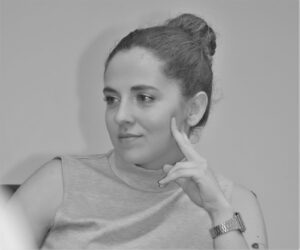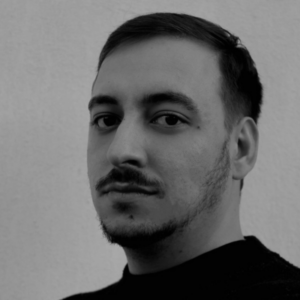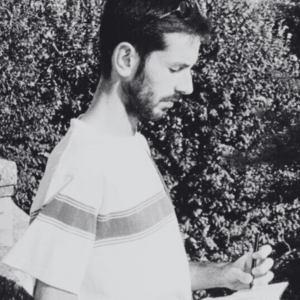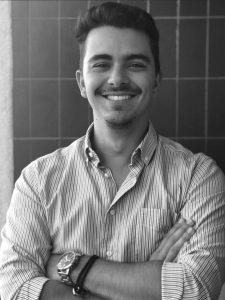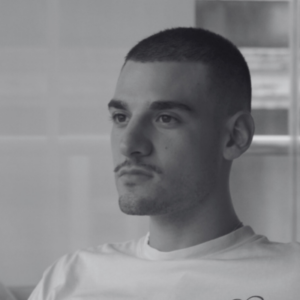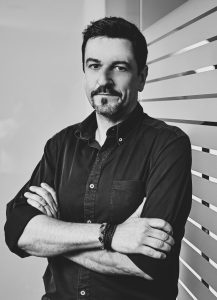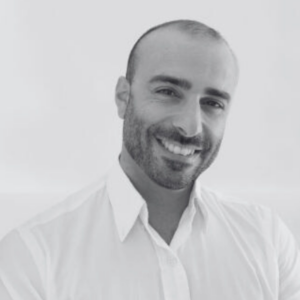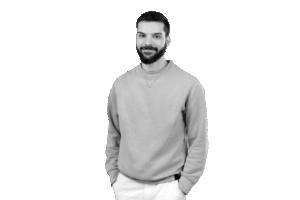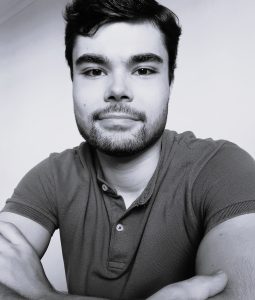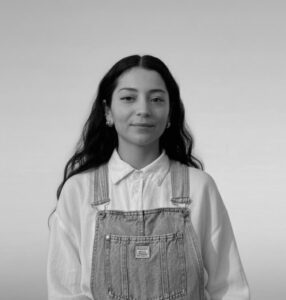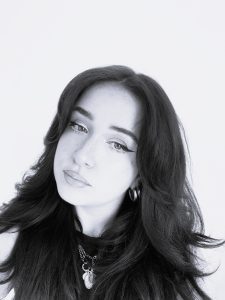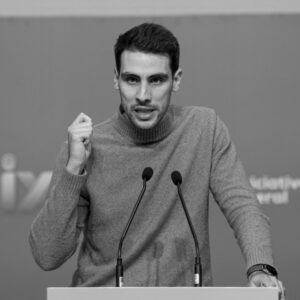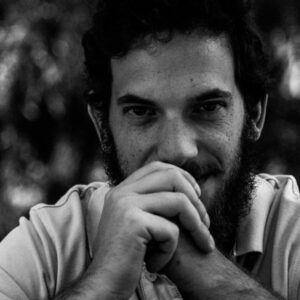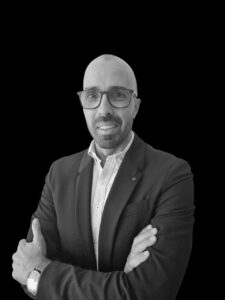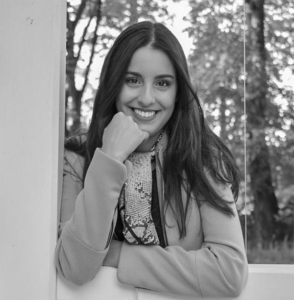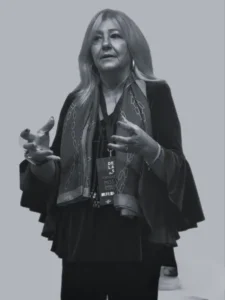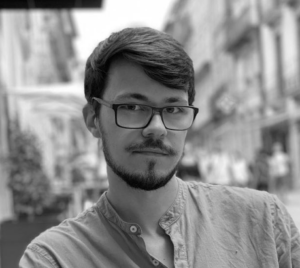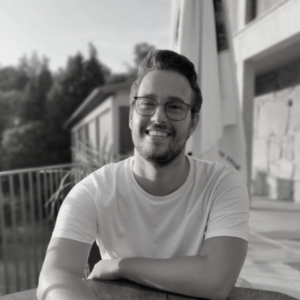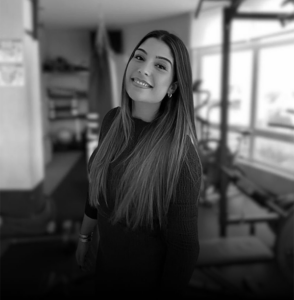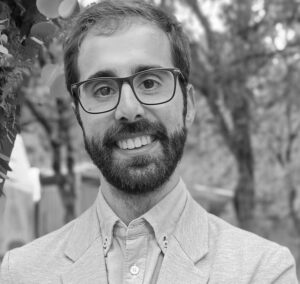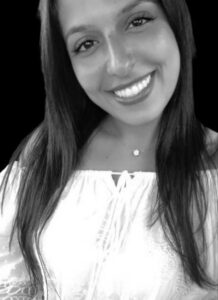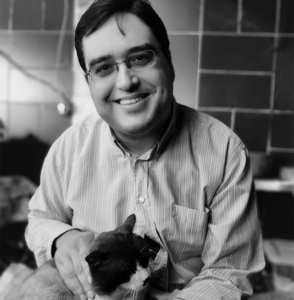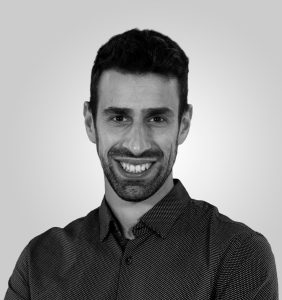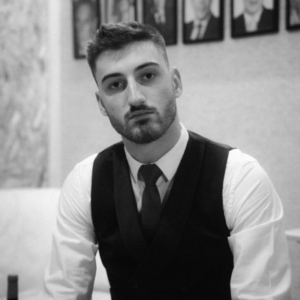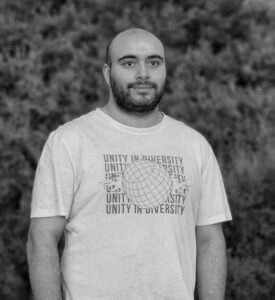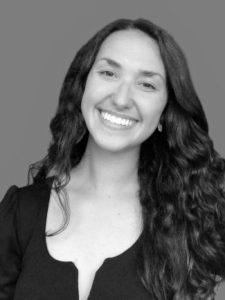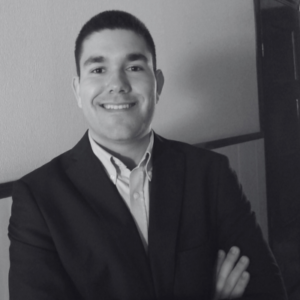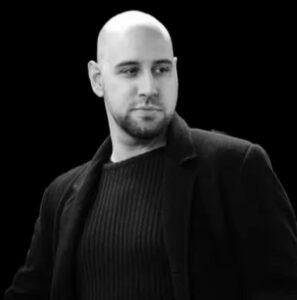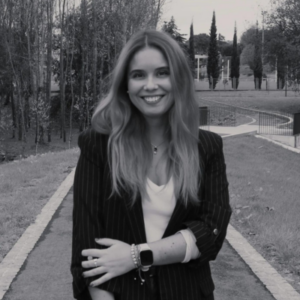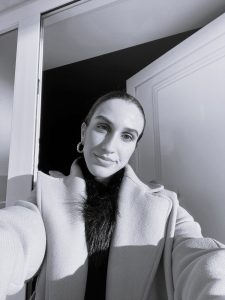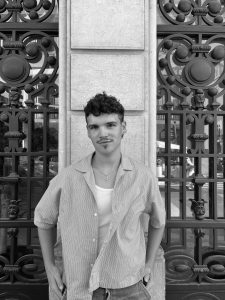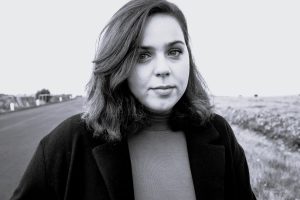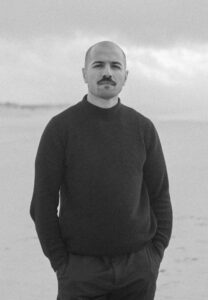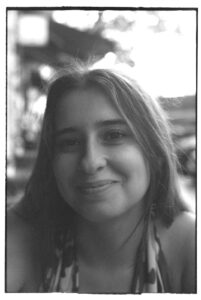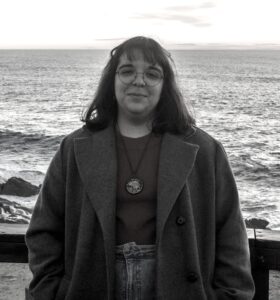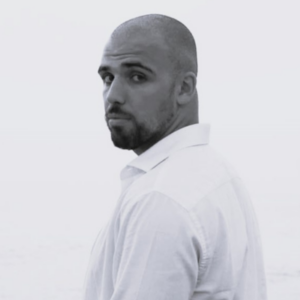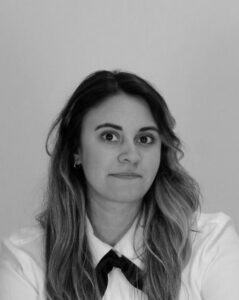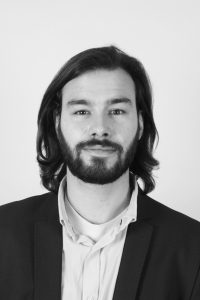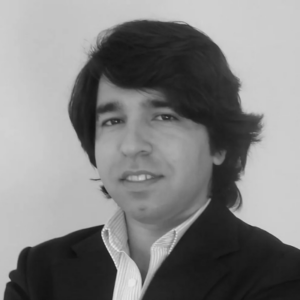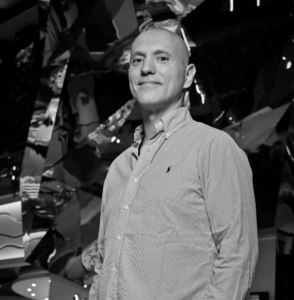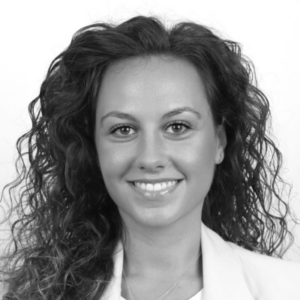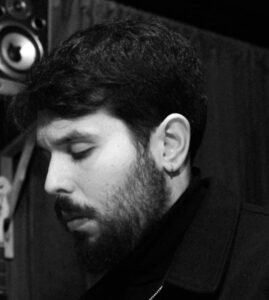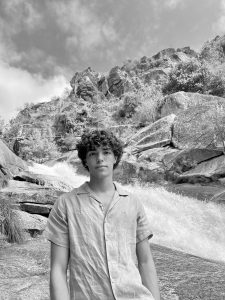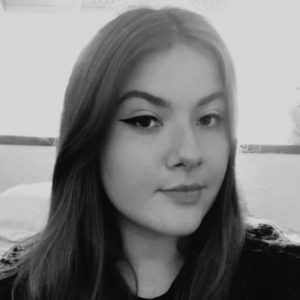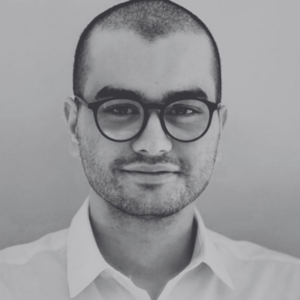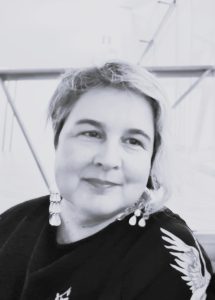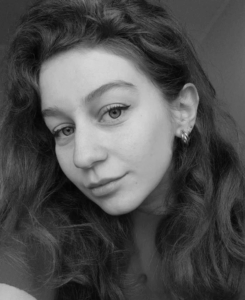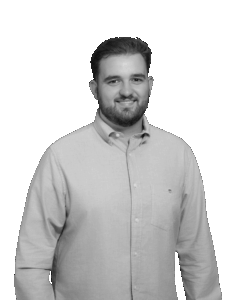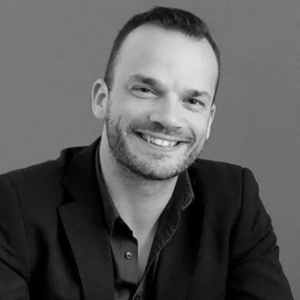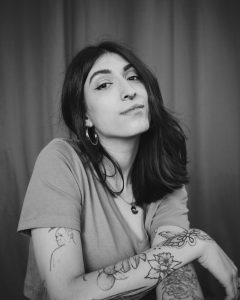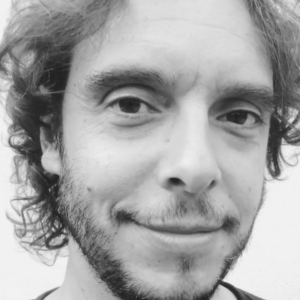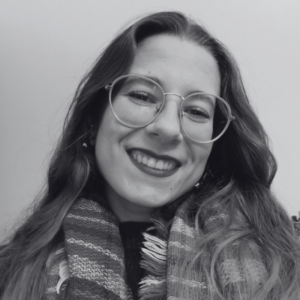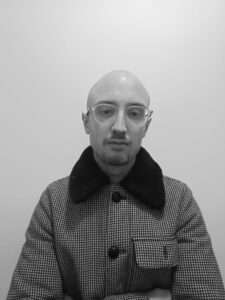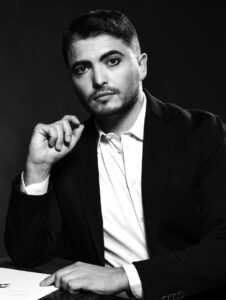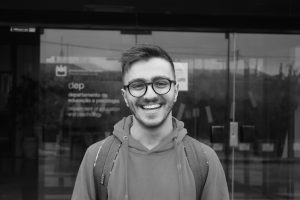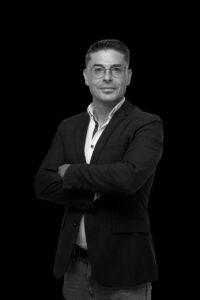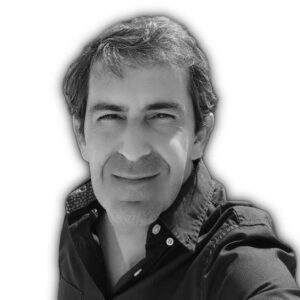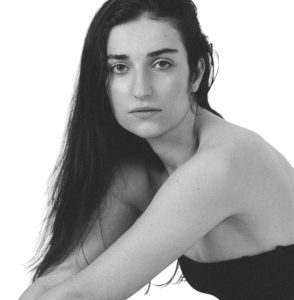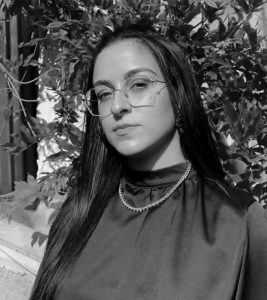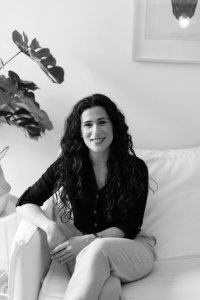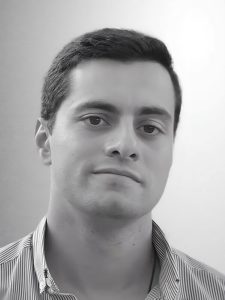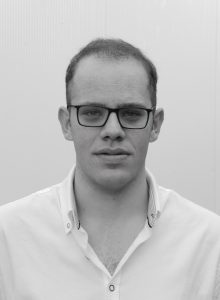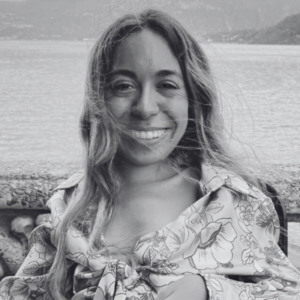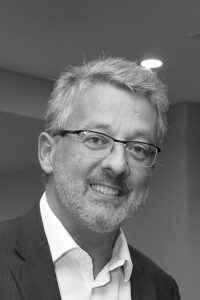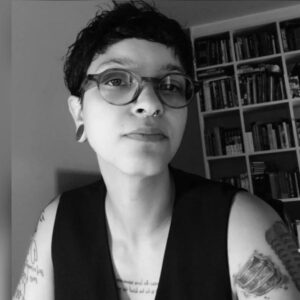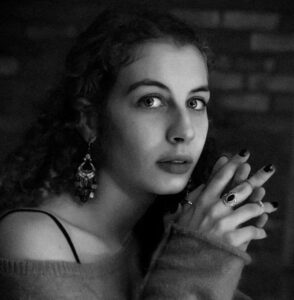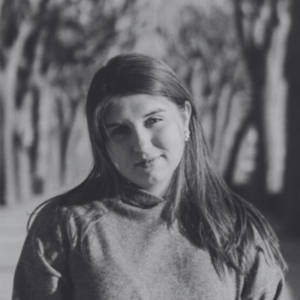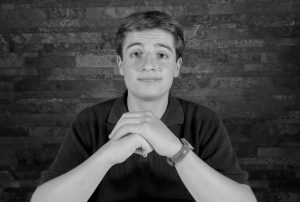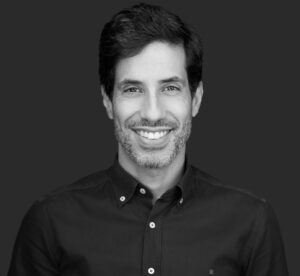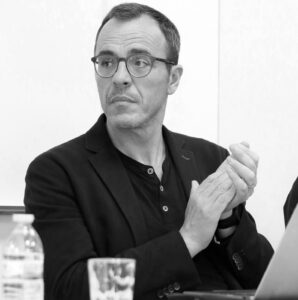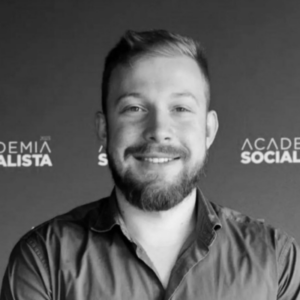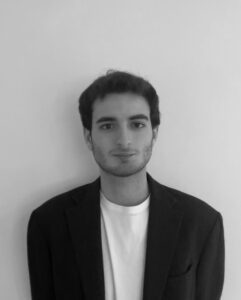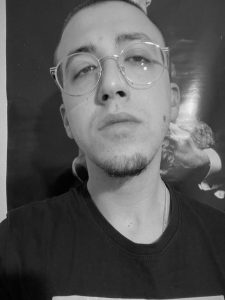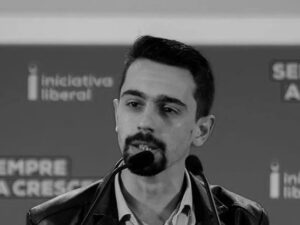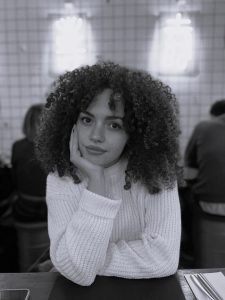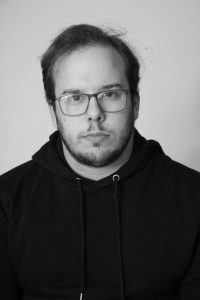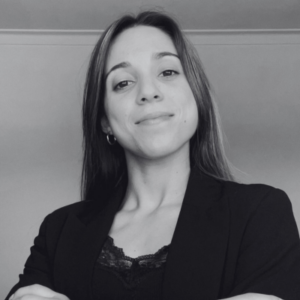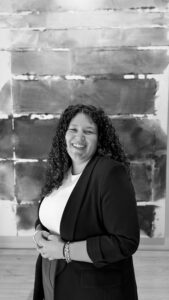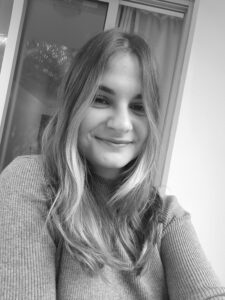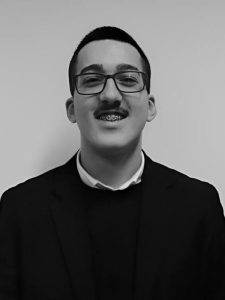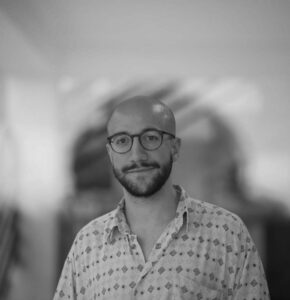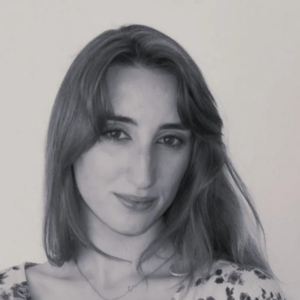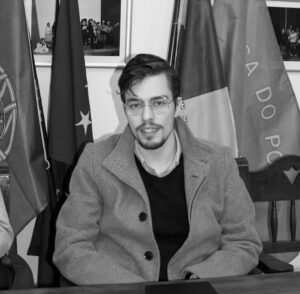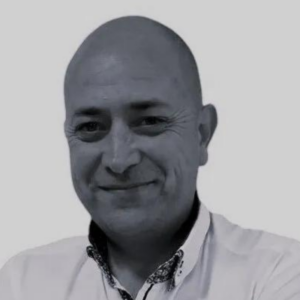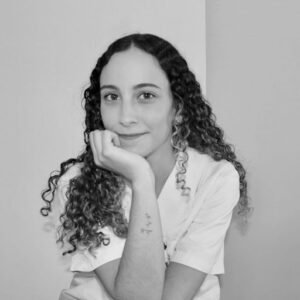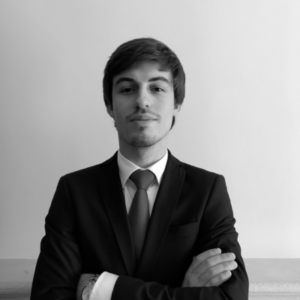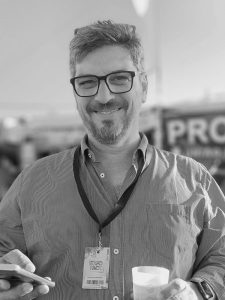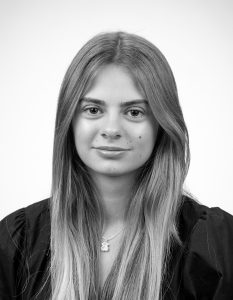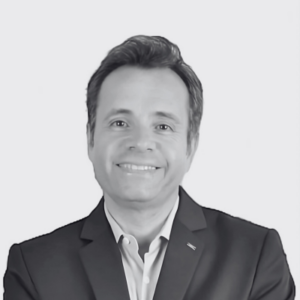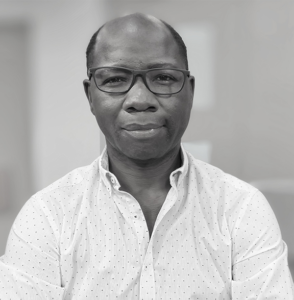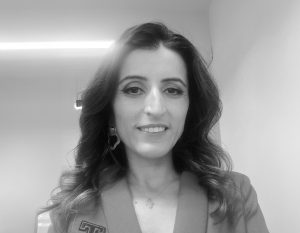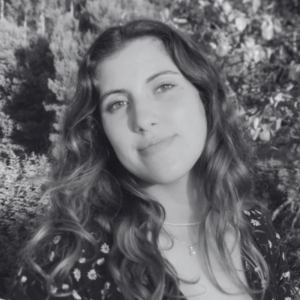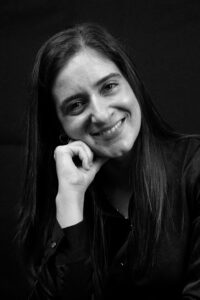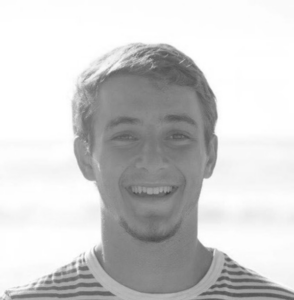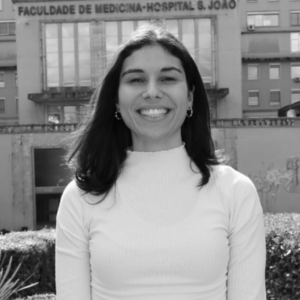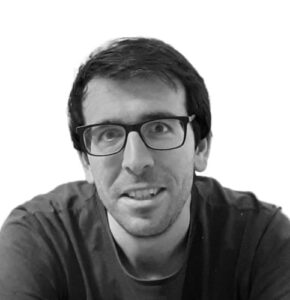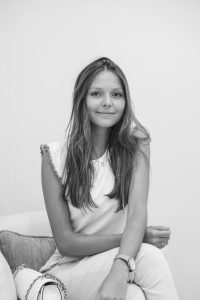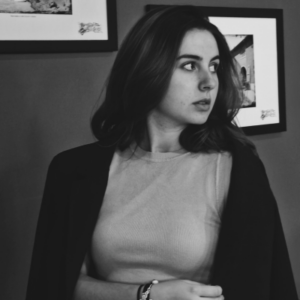In the palm of my fist that I raise to the sky,
I hold my hope
It's yours to take,
if you open it
It's yours to open,
if you kill me
For millennia the Jewish population had been the victims of violence, exile, and discrimination. A history that had become repetitive many centuries ago. Christian Europe, rather than pushing for equal treatment as equal citizens, birthed the idea of Zionism. The calling for a creation of a Jewish-only homeland, a country where Jews do not need to worry about their own safety, where they can have freedom to practice their religion, without fear of persecution as a minority.
Decades after the ideology’s birth, the Zionists with the help of British colonisation successfully secured a land for their Jewish sovereign state, a land already settled by an indigenous people, the Palestinian people. It was a massive success; Jewish immigrants came from all over the world to settle in this new nation. “Yet it is precisely because Zionism was so admirably successful in bringing Jews to Palestine and constructing a nation for them, that the world has not been concerned with what the enterprise meant in loss, dispersion, and catastrophe for the Palestinian natives.” – Edward Said. What was seen as the solution for a stateless population ended up creating a new stateless population. In less than a year, 700,000 foreigners forcefully replaced 700,000 natives. A problem with a solution that births a problem which consequently requires the same solution doesn’t seem like much of a solution at all…
My father comes from a city called Lydda, and my mother from a city called Hebron, both cities are known for their stubbornness, so you can already assume how my two brothers and I came out. Lydda is known for some of the best oranges and cactus fruit in the world, as well as a resistant population. Hebron is known for its grapes, home to over a dozen varieties, its vivid blue pottery, and an accent that is too easy to tease. As my father has been working with the UN for as long as I can remember, I grew up in many countries, I had moved six times before I reached high school. The first time I visited Palestine, which was around the time of my 10th grade, I experienced something I never did before. For the first time in my life, I was surrounded by not just the same language I grew up with but the same dialect, the same words I never heard anyone use but my family, the same food I never saw anyone eat but my family. I had been a foreigner my entire life, from one country to another, and I never noticed until that summer.
The deepest sorrow in my life, a pain that I have never quite been able to remedy, is the sorrow of not waking up surrounded by those orange trees or grapevines every morning. I grieve a woman that I have never met but have loved my entire life, whose death I felt and whose warmth I lost 53 years before I was even born. I am in exile without ever being exiled. I feel the pain of exile without ever being exiled. I feel the pain of my grandparents’ exile. I feel the pain of my parents’ exile. I feel the pain of all the Palestinians in exile, as do they feel the pain of my exile.
To me, it seems the Palestinian cause has become more than just the Palestinian cause, it has become an international symbol of resistance. If the world was a football game and “The Freedom Fighters” are playing against a collection of “The Imperialists”, “The Colonisers”, and “The Occupiers”, Palestine has become the striker in the outnumbered match. In a world where hopes and dreams die of old age, where time runs faster for those in need, Palestine has become the forever longed fountain of youth. It has become a movement intertwined with both the most basic and most developed ideas of liberation and right to self-determination. A movement that has existed for as long as recorded history. A movement that was not built by the Palestinian people, neither by the likes of Nelson Mandela, Malcom X, or Huey P. Newton. As long as there has been an oppressor there has been an oppressed, as long as there has been a force of injustice there has been a fight for justice.
No matter the sins committed on my people, the desecrations laid up on my land, the fabrication of our history, or the malicious labels thrown at our resistance, I will forever be proud to call myself Palestinian.
Tell my people I love them. They should continue to fight.
My blood will nourish the trees that will bear the fruits of freedom.
– The last words of Solomon Kalushi Mahlangu / Anti-apartheid Freedom Fighter
